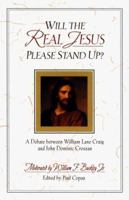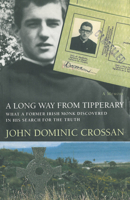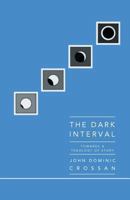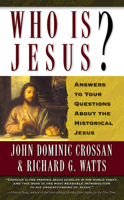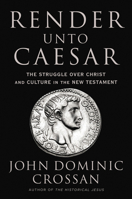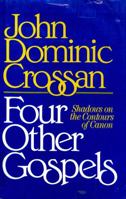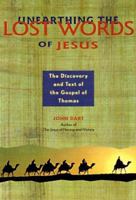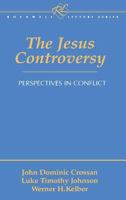The Birth of Christianity: Discovering What Happened in the Years Immediately After the Execution of Jesus
Select Format
Select Condition 
You Might Also Enjoy
Book Overview
Customer Reviews
Rated 5 starsThe Definitive Work
Phew! This book is "a whole lot of Crossan." This isn't light reading for the beach...this is heavy-duty scholarship by one of the leading experts in the field of the Jesus Movement. Crossan leaves no stone unturned, and he anticipates his critics (he answers possible objections to his theories throughout the book). And even though it is very thorough and scholarly, Crossan's style is very accessible. One need not be...
1Report
Rated 5 starsMountains of Meaning out of Mole-Hills of Text
This book has been roundly criticized by many reviewers on several grounds and with some merit: Style - It doesn't come the point and present a clear story. Also, to much focus on method and assumption. Relevance - It is a lot of scholarly commentary on scholarly commentary. Theology - It ignores the miraculous Jesus. And often enough some flavor of "it threatens my belief, so it cannot be true" masquerading as one of the...
0Report
Rated 5 starsThe book to read if you're into Christian History
John Dominic Crossan will always get tough reviews because he's so controversial. Unlike Bishop Spong who pictures Jesus as someone who looks, acts, and feels just like Bishop Spong, Crossan attempts to piece the scant record together and separate fact from fiction. If you take the Bible at face value, period, then you won't care for this book. If you have a faith that allows certain precepts to be challenged, try it out...
0Report
Rated 5 starsA Marvelous handbook to discover the nature of your God
John Dominic Crossan, the leading contemporary scholar on the Historical Jesus, brings the disciplines of anthropology, history and archeology to bear in reconstructing life in the decades of the 30's and 40's AD. One intriguing thesis of the book is that the Christianity of the disciples may have been quite different from that handed down to us by Paul. Exploring that thesis, Crossan stimulates the reader to rethink...
0Report
Rated 5 starsCrossan does it again...
I first encountered John Dominic Crossan through his seminal work, The Historical Jesus - The Life of a Mediterranean Peasant. It was the most enlightening and enjoyable discovery I have made in my readings on the historical Jesus. So, when I came across The Birth of Christianity I was more than a little excited to turn back the cover and that excitement only grew as I began to read. Once again, Professor Crossan evidences...
0Report











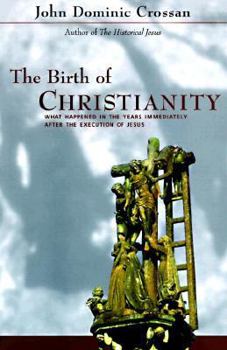


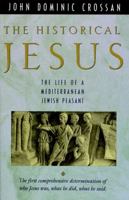
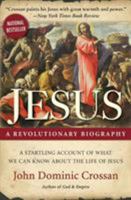
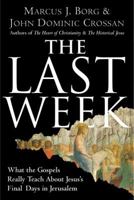
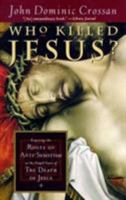
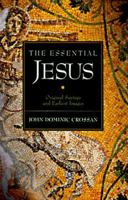
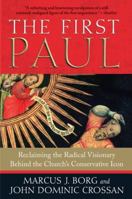
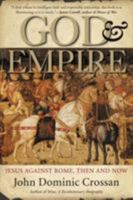
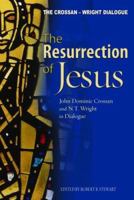
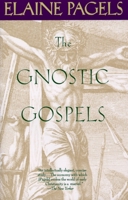
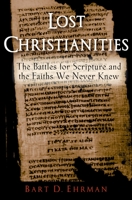
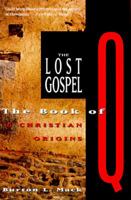
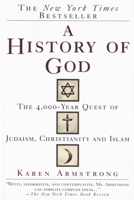
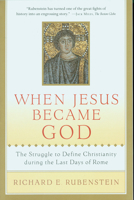
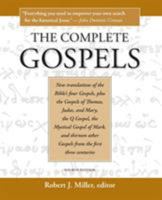
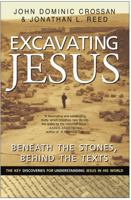
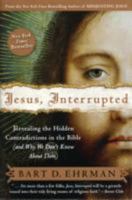
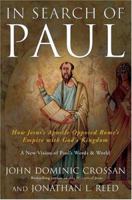
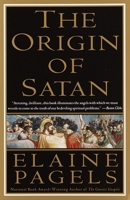
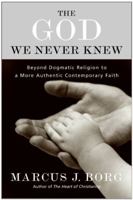
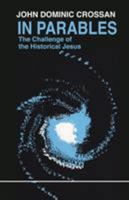
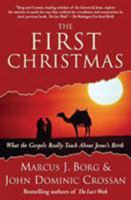

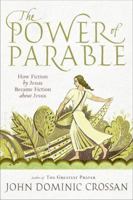
![[The Greatest Prayer: Rediscovering the Revolutionary Message of the Lord's Prayer] [By: Crossan, John Dominic] [August, 2011]](https://i.thriftbooks.com/api/imagehandler/s/F9F49B18776D99294187B775FD363A8392C1657D.jpeg)
